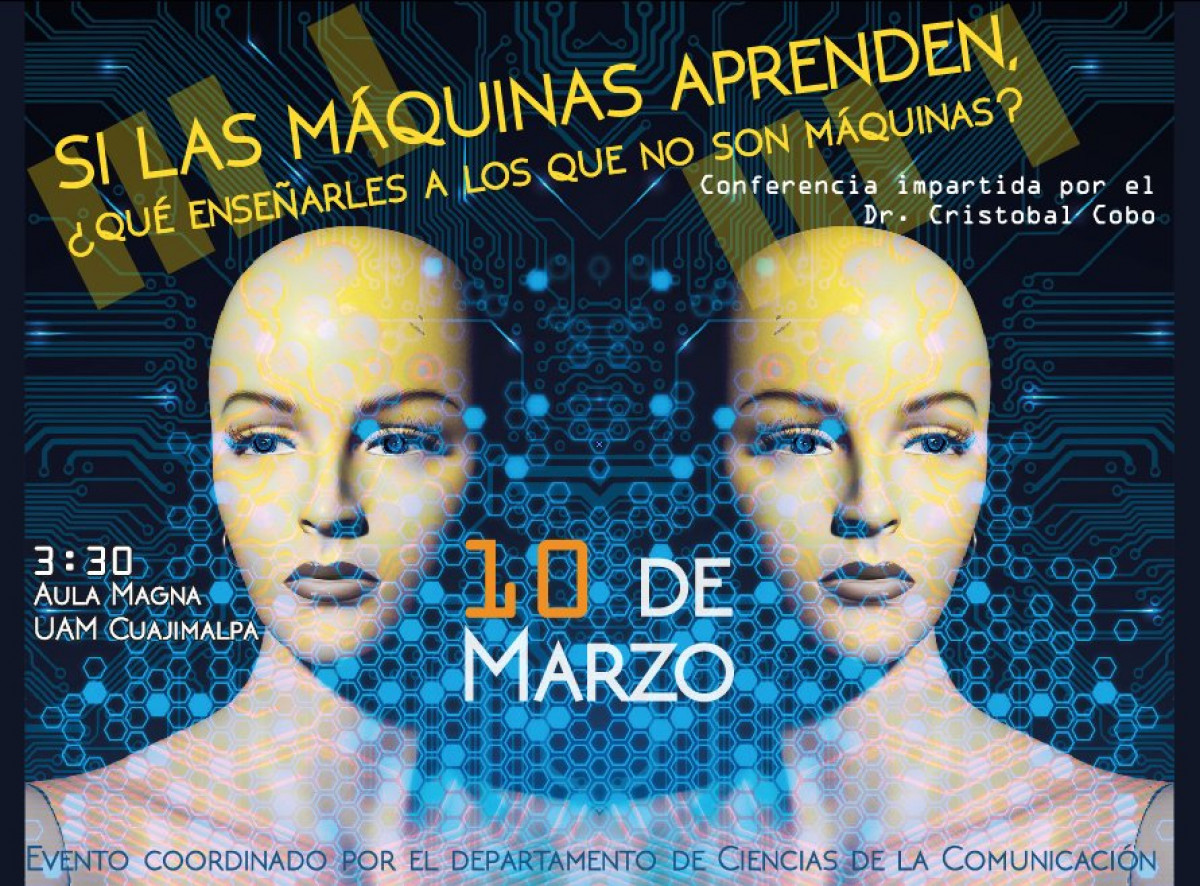“Si las Máquinas aprenden…. ¿Qué enseñarles a quienes no son máquinas?” era el nombre completo de la conferencia.
research
Pretty much in every country is increasingly common to identify public policies promoting in one way or another the use of information technologies for education. With different purposes, policies or budgets digital technologies have landed in the world of education and it is very likely they are here to stay. Today, are much popular the voices of those who defend and promote the importance of technologies in education than those who sustain a critical position regarding the use of these tools in education, because the later are discredited as change resistant or reactionary. However not everything is either black or white and the impact of ICT in education should be grounded on consistent and reliable evidences.
Roschelle & Teasley (1995) explained in their well known research (see open access version*) that collaboration: involves group-directed negotiation and construction of shared goals and meaning. A better understanding of collaboration (face-to-face and/or online) becomes a critical factor in today’s society.
‘Karen McCoy’ from the International Baccalaureate Organization (IB Global Centre) interviewed me a few days ago, here its transcription.
Workshop on 20 June 2014 at the University of Oxford, led by Dr. Igor Calzada (Research Associate Future Cities, COMPAS & InSIS – University of Oxford) and Dr. Cristobal Cobo (Research Fellow Oxford Internet Institute– University of Oxford).
